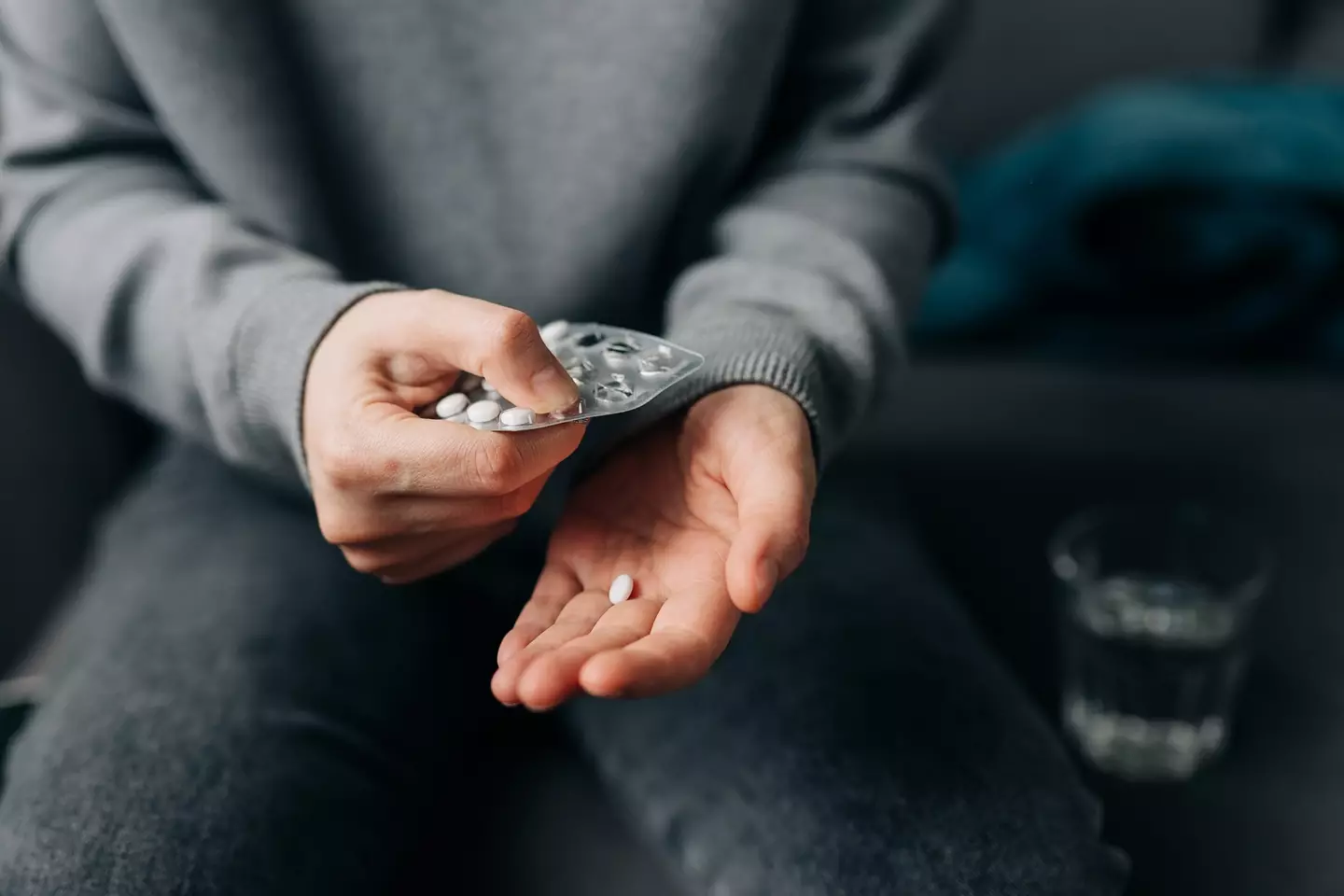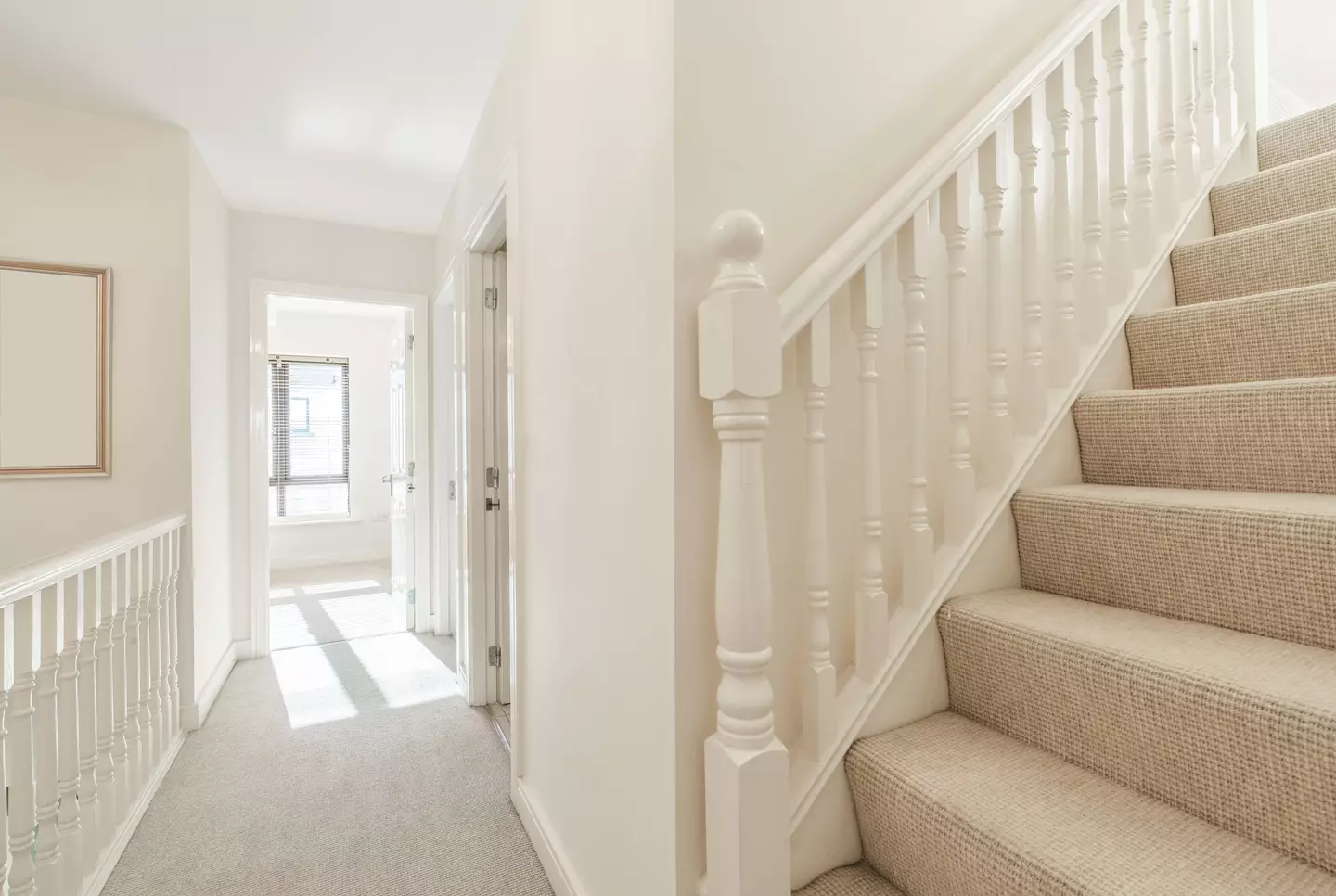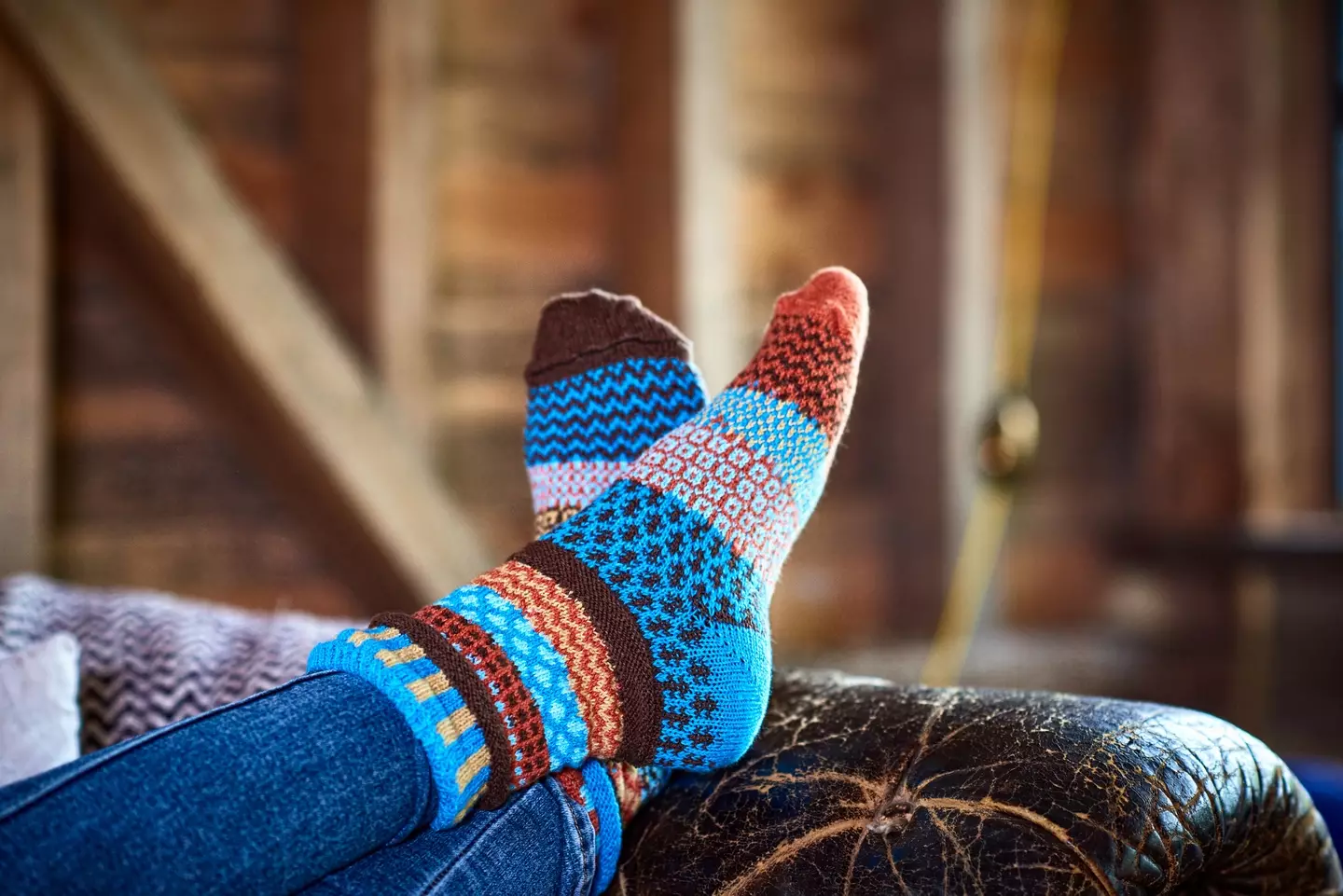A consultant geriatrician with three decades of experience has shared insights into 11 habits that contribute to premature aging.
During our teenage years and early twenties, we often hear phrases like “enjoy being young,” but as someone over 25, I can attest to how easy it is to start behaving older than I am.
I’m likely not the only one; many of you might have also noticed yourselves groaning as you rise from the couch or grumbling about unexplained aches.
Dr. Lucy Pollock, an NHS Consultant Geriatrician, believes there are ways to prevent ourselves from acting old, and she’s outlined these methods in her new book, The Golden Rule.
Here are 11 habits to avoid:
Let’s be honest, we all sometimes prefer a cozy night in over a night out. Pollock points out that this is a tendency often seen in older individuals.
“Even simple things like going to a play or to a concert. People say, ‘I don’t think I’ll be able to do that. It will be very crowded and I won’t be able to park’.
“They find excuses for not doing something, rather than just deciding to do something,” she stated.
Research has shown socializing is linked to a longer lifespan, suggesting that accepting plans instead of finding excuses can help expand our social world.
“You might need to look up where you are going to park, but you will be able to park,” she added.
Understanding the latest slang can be a challenge, but Pollock suggests that refusing to engage with it may accelerate aging.
“It’s something I see playing out day to day in my clinic and on my wards,” she mentioned. “People who are able to tell me what their grandchildren are doing or who have them come visit, you see them light up and become much more engaged.”
A ‘really special skill’ in old age is to be ‘interested in the young and benevolent towards them’, Pollock observed.

If you’re recovering from a recent online shopping spree, this might be less relatable.
Still, being generous with your money – within your means – can provide a sense of purpose and fulfillment, positively impacting mental health.
While reaching for painkillers for quick relief is common, some medications, like antihistamines, may negatively affect brain health and increase dementia risk with long-term use, as studies cited by The Telegraph indicate.
However, if you frequently use medication, consult a doctor before making changes. Pollock advises using the acronym ‘BRAN’ – Benefits, Risks, Alternatives, and Nothing – to evaluate whether to take pills, saying: “Always read the small print. A is for Alternatives, and finally, the N stands for Nothing. What happens if you do nothing?”

Returning to those unexplained aches, Pollock suggests distraction as a helpful strategy for minor complaints.
Pain, low mood, and anxiety can be intensified without other activities, Pollock noted: “We know that at any age. So actually maintaining your interests and having interests beyond your own health is actually very important.”
Surprisingly, having stairs in your home can be advantageous for aging well.
A 2018 study involving over 6,000 individuals aged 65 and older, published in BMC Geriatrics, found that having stairs at home helped prevent age-related physical decline.
Climbing stairs strengthens leg muscles and maintains flexible leg arteries, contributing to a healthier heart and body.
Pollock remarked: “If you do move into a bungalow while you’re still able to do stairs, try and find some other way to maintain that muscle strength.
“You see lots of people now pop into a lift to go two or three flights of stairs. You think, ‘For goodness sake, don’t do that!’”

One of the more straightforward habits to change is embracing technology to avoid societal exclusion.
She mentioned: “Embrace tech, and learn to use Facetime so you can talk to your grandchildren when they go travelling. I don’t think there’s anything to be gained from being a Luddite.”
For those without hearing issues, this may not be a concern until later in life, but Pollock explained that poor hearing is linked to cognitive decline.
Thus, accepting the need for a hearing aid can help prevent cognitive decline.
“And it is one of the things that we can do that will help improve your chances of not getting dementia,” Pollock added.
The temptation to stay on the couch is strong, but Pollock emphasizes that ‘being able to stand from a chair is the key to maintaining your independent life.’
“You need to stand up every 20 minutes,” she advised. “If you’re watching TV, then that’s every time there’s an ad break. Do not mindlessly sit there and click ‘next episode’.”
Pollock encourages movement, even if it makes you breathless.
“I’ve had people saying to me. ‘I don’t like walking fast or running because I get out of breath’. But that’s the point, you’re kind of meant to!”, she said.
“Actually doing exercise that is enough to make you a little bit breathless, that’s actually a very good thing to do for the vast majority of people.”

Seeing a physiotherapist becomes common later in life, but Pollock emphasizes self-reliance.
“What the physio does is tell you what you need to do and you then get on with it. You don’t need to have a session with them every time,” she noted.
“It comes back to people wanting there to be a magic pill that’s going to make you stronger and your balance better. That, I’m afraid, is in your own hands. Do your physio and exercises, and improve your strength. Get yourself a walking pole and start moving again. It is really important to do that.”
Muscle mass decreases with age, but that doesn’t mean older adults can’t build strength.
Through walking, chair exercises like lifting legs, and even homemade weights like milk cartons, individuals can maintain muscle mass before frailty sets in.
Pollock herself incorporates exercises into her routine by doing 20 squats while brushing her teeth.
“My daughter calls them ‘meanwhile exercises’. Things you can do while you’re waiting for the kettle to boil,” she mentioned.
Pollock also suggested standing on one leg and closing your eyes. “With practice you can improve your balance. Not just maintain, but actually make it better.”
While avoiding these habits is crucial, Pollock highlights the significance of a positive mindset.
“If you feel that you’re washed up and washed out you tend to behave as if you are,” she commented.

